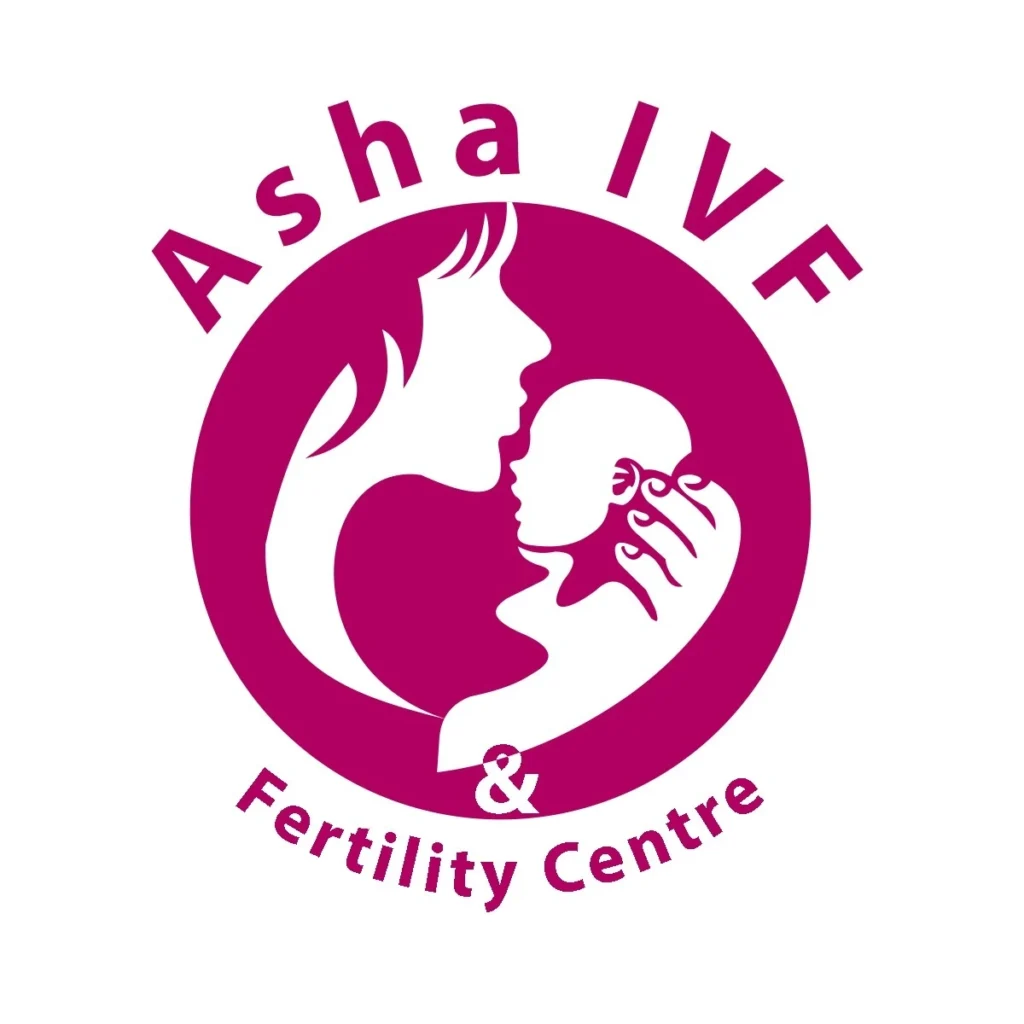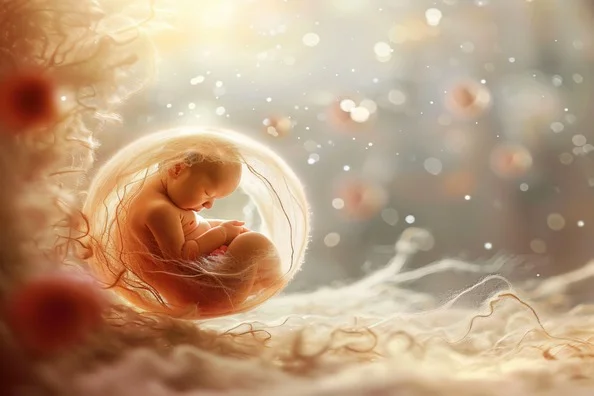IVF (In Vitro Fertilization) offers hope for many couples struggling with infertility. The journey to pregnancy through IVF can be emotionally and physically demanding, but understanding the early signs of IVF pregnancy can help manage expectations and ease some anxieties. Here’s a detailed look at the symptoms and what to expect after a successful IVF cycle.
Understanding the IVF Process
Before delving into the symptoms, it’s essential to understand the basic steps of the IVF process:
- Ovarian Stimulation: Hormone injections stimulate the ovaries to produce multiple eggs.
- Egg Retrieval: Eggs are collected from the ovaries using a minor surgical procedure.
- Fertilization: Retrieved eggs are fertilized with sperm in a lab to form embryos.
- Embryo Transfer: One or more embryos are transferred to the uterus.
- Waiting Period: A two-week wait follows, during which time pregnancy can be confirmed through a blood test.
Early Signs of IVF Pregnancy
The early signs of pregnancy after IVF can be similar to those experienced in natural conception. However, due to the nature of IVF and the medications used, these symptoms can sometimes be more pronounced.
1. Implantation Bleeding
Implantation bleeding occurs when the embryo attaches to the uterine lining. This can happen around 6-12 days after the embryo transfer. It may appear light spotting and is often mistaken for an early period. The bleeding is usually light pink or brown and lasts for a few days.
2. Cramping
Mild cramping is another common early sign of pregnancy. This can be due to the embryo implanting in the uterus. These cramps are usually less intense than menstrual cramps and occur around the same time as implantation bleeding.
3. Breast Changes
Hormonal changes after a successful embryo transfer can cause breast tenderness, swelling, and sensitivity. The breasts may feel heavier and fuller. The areolas might also darken.
4. Fatigue
Increased hormone progesterone levels can lead to fatigue and a feeling of tiredness. This is a common early sign of pregnancy and can be more noticeable after IVF due to the body’s response to hormonal changes.
5. Nausea and Vomiting
Morning sickness, which includes nausea and vomiting, can start as early as two weeks after conception. Although commonly associated with the morning, it can occur at any time of the day.
6. Frequent Urination
Increased blood flow to the pelvic area and hormonal changes can lead to frequent urination. This symptom often starts around six weeks into pregnancy but can begin earlier.
7. Elevated Basal Body Temperature
An elevated basal body temperature (BBT) lasting over two weeks can be an early sign of pregnancy. This is due to increased levels of progesterone.
8. Mood Swings
Hormonal changes can lead to mood swings and heightened emotions. It’s common to feel more emotional or to experience mood fluctuations in the early stages of pregnancy.
9. Bloating
Hormonal changes can slow down the digestive system, leading to bloating. This can make the stomach feel swollen and uncomfortable.
Confirming Pregnancy
After noticing early pregnancy signs, the next step is to confirm the pregnancy. This is usually done through a blood test to measure human chorionic gonadotropin (hCG), a hormone produced during pregnancy.
Beta hCG Test
The beta hCG test is typically performed about 10-14 days after the embryo transfer. A positive result indicates pregnancy, and the levels are monitored to ensure they rise appropriately, suggesting a healthy pregnancy.
Ultrasound
An ultrasound is performed around 6-7 weeks after the transfer to confirm the pregnancy and check for the heartbeat. This is a crucial step in ensuring the pregnancy is progressing well.
What to Expect After a Successful IVF Cycle
Monitoring and Support
Regular monitoring and medical support are crucial after a successful IVF cycle. This includes frequent visits to the fertility clinic for blood tests and ultrasounds to ensure the pregnancy is progressing as expected.
Medications
Continued medication may be necessary to support the pregnancy, especially in the first few weeks. This can include progesterone supplements to help maintain the uterine lining and support the early stages of pregnancy.
Lifestyle Adjustments
Maintaining a healthy lifestyle is essential for the health of both the mother and the developing baby. This includes:
- Diet: Eating a balanced diet rich in vitamins and minerals.
- Hydration: Staying well-hydrated.
- Exercise: As advised by the healthcare provider, engaging in gentle, regular exercise.
- Avoiding Stress: Practicing stress-reduction techniques such as yoga, meditation, and deep breathing exercises.
Emotional Support
The emotional journey of IVF can be challenging. Seeking support from counselors, support groups, or loved ones can provide valuable emotional support. It’s important to communicate openly about feelings and experiences during this time.
Conclusion
Understanding the early signs of IVF pregnancy and knowing what to expect after a successful cycle can help in managing expectations and reducing anxiety. While every woman’s experience is unique, these common symptoms and steps provide a general guide. Regular monitoring and support from healthcare providers ensure the best possible outcome for both mother and baby. Consult now at Asha IVF & fertility Centre for IVF related queries.






